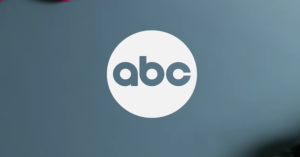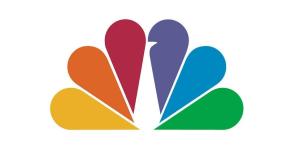Negotiations regarding the next stimulus package may have collapsed on Capitol Hill, but that doesn’t mean that the second round of stimulus checks is off the table. Although President Donald Trump stepped and took executive action amid the stalemate, issuing an executive order and three memoranda, none of which addressed another round of direct payments to Americans, both Democrats and Republicans have expressed their desire to head back to the negotiation table to hash out a more wide-sweeping bill. If negotiations do continue, however, when could the American people expect the Internal Revenue Service (IRS) to begin distributing payments?
Unfortunately, much of any predicted timetable is nothing more than speculation, as the time at which it would take to begin distributing payments would entirely depend on when a deal is reached. However, there are several ideas as to when this could happen, and Treasury Secretary Steven Mnuchin even claimed on Monday that “if we can get a fair deal, we’ll do it this week.” He added that once a deal is reached, the IRS could begin sending payments almost immediately, far quicker than the 19 days it took for the agency to start sending the first round of checks after President Donald Trump signed the CARES Act.
Videos by PopCulture.com
According to a predicted timetable crafted by CNet, if a negotiation on the HEALS Act is reached and the legislation is approved by the Senate on Wednesday, Aug. 12 and the House just a day later, the president could sign the bill as soon as Friday. In this scenario, stimulus payments could begin being distributed as early as the week beginning Monday, Aug. 24. That same date would be applicable if legislation is not passed by the Senate and the House until later this week, in which case the president would not sign it until Monday, Aug. 17.
However, much remains unclear regarding whether or not negotiations will continue. Congress was scheduled to begin a summer recess beginning after Friday, Aug. 7. They were not scheduled to return until Tuesday, Sept. 8. Should Congress stick to this schedule and not return to Capitol Hill until September, Americans would have to wait far longer for an additional payment. If a bill were to be passed in the Senate on the day of their return followed by approval in the House on Sept, 9, the president could possibly sign the bill on Thursday, Sept. 10 or Friday, Sept. 11, in which case the IRS would likely begin sending out payments the week beginning Monday, Sept. 21.
As stimulus payments begin being distributed, not everyone will receive them at the same time. The IRS will likely follow a similar plan as they did with the first payment, meaning those receiving their stimulus payout via direct deposit would be the first to get paid. Physical checks would then be mailed in waves targeting the lowest income levels first.








